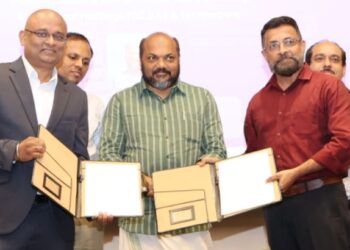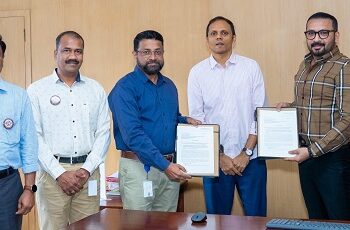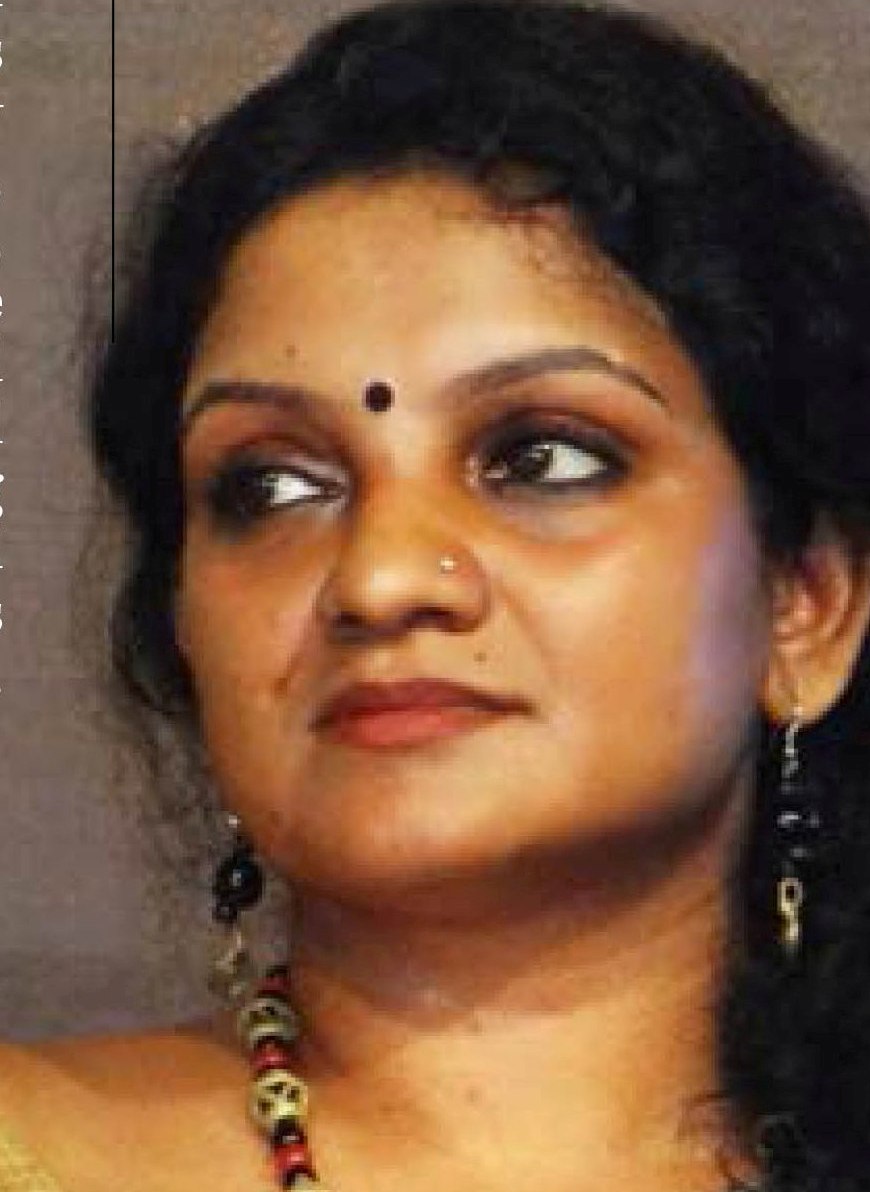

Gaganyaan, India’s planned mission to take humans to space, with be the next frontier for the country’s space programme as it will open up huge commercial opportunities in the space sector, said Mr. G Madhavan Nair, Former ISRO Chairman at the Raviz Kovalam Hotel in Trivandrum.
Once that capability is achieved by putting three astronauts into space using ISRO’s GSLV Mk III in December 2021, the country can think in terms of entering the realm of Space Tourism, Mr. Nair said in his keynote address on the second day of EDGE 2020, organised by the Space Park under KSITIL.
“It is a big international business opportunity for India as there are only a few countries with that capability, and India has a definite advantage as its technology is one of the best even while the costs are very low,” he said.
Once human space travel is achieved, the country can think in terms of colonising the Moon and later Mars. Chandrayaan has detected the presence of huge quantities of Helium-3 on the Moon which is used for nuclear fission. “One tonne of Helium-3 is enough to satisfy the energy needs of the entire country,” Mr. Nair said, adding that this is the benefit we can derive from space.
Mr. Nair noted India’s space programme has achieved maturity. The technology is world-class and space commerce has also caught up very well. What is missing is the participation of all the industrial sectors.


Dr Daniel Baker, LASP Programme Director exchanges the LOI with Mr. Santhosh Kurup, Special Officer, Space Park at EDGE 2020 while former ISRO Chairman Dr. G Madhavan Nair looks on.
The Space Park in Thiruvananthapuram is a unique venture which has the greatest potential for success, he said adding that it can work as a bridge between the public-funded space programme and the private sector including startups.
The Space Park is well anchored. High-quality human resources coupled with technological back-up and the presence of the IIST will make the Park a matchless proposition especially at a time when there is scope for a ten-fold multiplication of space-based services by 2030, he added.
Soon after Shri Nair’s address, Letters of Intent (LOIs) were exchanged with Laboratories for Atmospheric Space Physics (LASP), Colorado, and the Space Generation Advisory Council (SGAC), Austria.


Dr. Daniel Baker, LASP Programme Director exchanged the LOI with Mr. Santhosh Kurup, Special Officer, Space Park while Dr Jayakumar Venkatesan, national point of contact India, SGAC, handed over the LOI to Mr. Kurup.
A partnership with LASP, the largest university community having 10 institutions of higher learning as affiliates, will enable sharing of their learning with Kerala’s universities, higher education and research institutions of interest. This collaboration will not only enable the sharing of experiences but also pave the way for Kerala’s research institutions and universities to be part of future space missions and facilitate training in space technology.
SGAC is the largest space enthusiasts’ community involvement in policymaking, youth mobilisation into space technologies besides supporting entrepreneurship and training. This tie-up will clear the entry of Kerala into the global space research and industry sectors.
Earlier, in an interactive panel discussion ‘Building the world-class Space Tech Ecosystem’ Dr Saji Gopinath, CEO, KSUM (Kerala Startup Mission) explained the end-to-end support provided by the Mission for the growth of startups in the state.
“We generally look for deep-tech companies that have interesting, innovative and scalable ideas.”
He also elaborated the steps that startups should follow to avail the support services provided by KSUM.
Dr Jayasankar Prasad, MD, Kerala State IT Infrastructure Limited said that the Space Park will have a space for startups and a space for tooling; a common tool room which will spare the companies redundant expenditure on equipment development. Mr. Kurup hosted the session.













